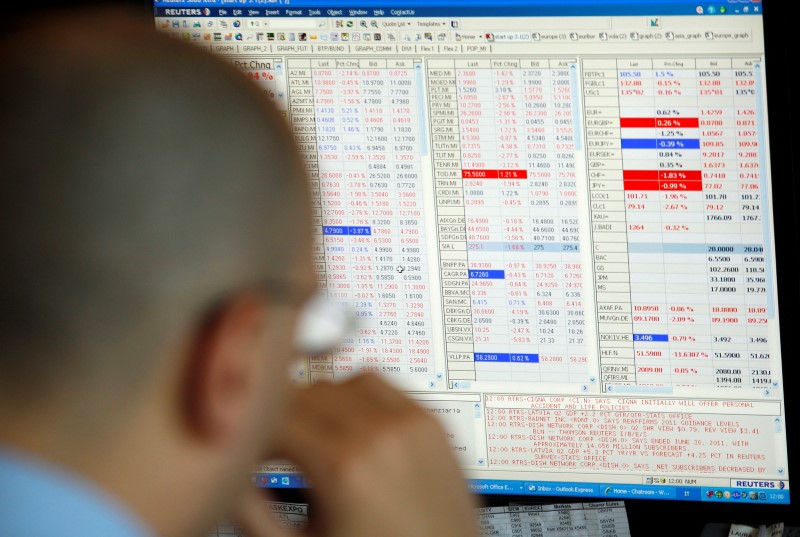© Reuters.
State Bank of India (SBI), the nation’s largest lender, may be poised for a stock re-rating driven by strong fundamentals, according to financial analysts. A re-rating could be on the horizon if SBI maintains its net interest margin (NIM) and effectively controls credit costs.
In the most recent quarter, SBI reported a slight decrease in NIMs for its domestic operations, which fell by 12 basis points to 3.43%. This sequential drop from 3.47% was more than anticipated. However, the bank’s management remains optimistic, expecting future margin compression to be limited to 5 basis points.
Analysts at JM Financial highlight that sustained growth, stable NIMs, and well-managed asset quality are key factors that could lead to strong profitability for SBI and trigger the potential re-rating. Jefferies analysts maintain a ‘buy’ rating on SBI with a target price of ₹780. They forecast a steady return on assets (RoA) of 1% in FY25-26 and anticipate high leverage to elevate return on equity (RoE) to between 15% and 16%. With the CET-1 ratio standing at 11%, well above the regulatory requirement of 8.6%, SBI is positioned strongly considering the high RoE ploughbacks.
For the last quarter, SBI recorded a net interest income (NII) of ₹39,500 crore. Despite higher operating expenses due to wage provision revisions, which impacted the pre-provision operating profit (PPoP), coming in at ₹19,400 crore, the bank still achieved a net profit of ₹14,330 crore. This performance was aided by lower provisions with credit costs at 0.23%.
The bank’s loan growth showed a healthy increase of 3.4% quarter-over-quarter and 13% year-over-year at ₹33.5 trillion. Similarly, deposit growth was robust at 3.5% quarter-over-quarter and 12% year-over-year at ₹47 trillion.
Analysts from ICICI Securities believe that improvements in fee income and core PPoP could contribute to a swift stock re-rating for SBI. Nevertheless, they caution that this re-rating might be gradual due to underperforming triggers.
Over the past year, SBI’s stock has experienced a modest decline of 1.2% on the Bombay Stock Exchange (BSE), contrasting with a 5.8% rally in the benchmark S&P . In this calendar year alone, SBI’s stock has decreased by 5.7%, despite the Sensex gaining by an equivalent percentage.
This article was generated with the support of AI and reviewed by an editor. For more information see our T&C.
Read the full article here





